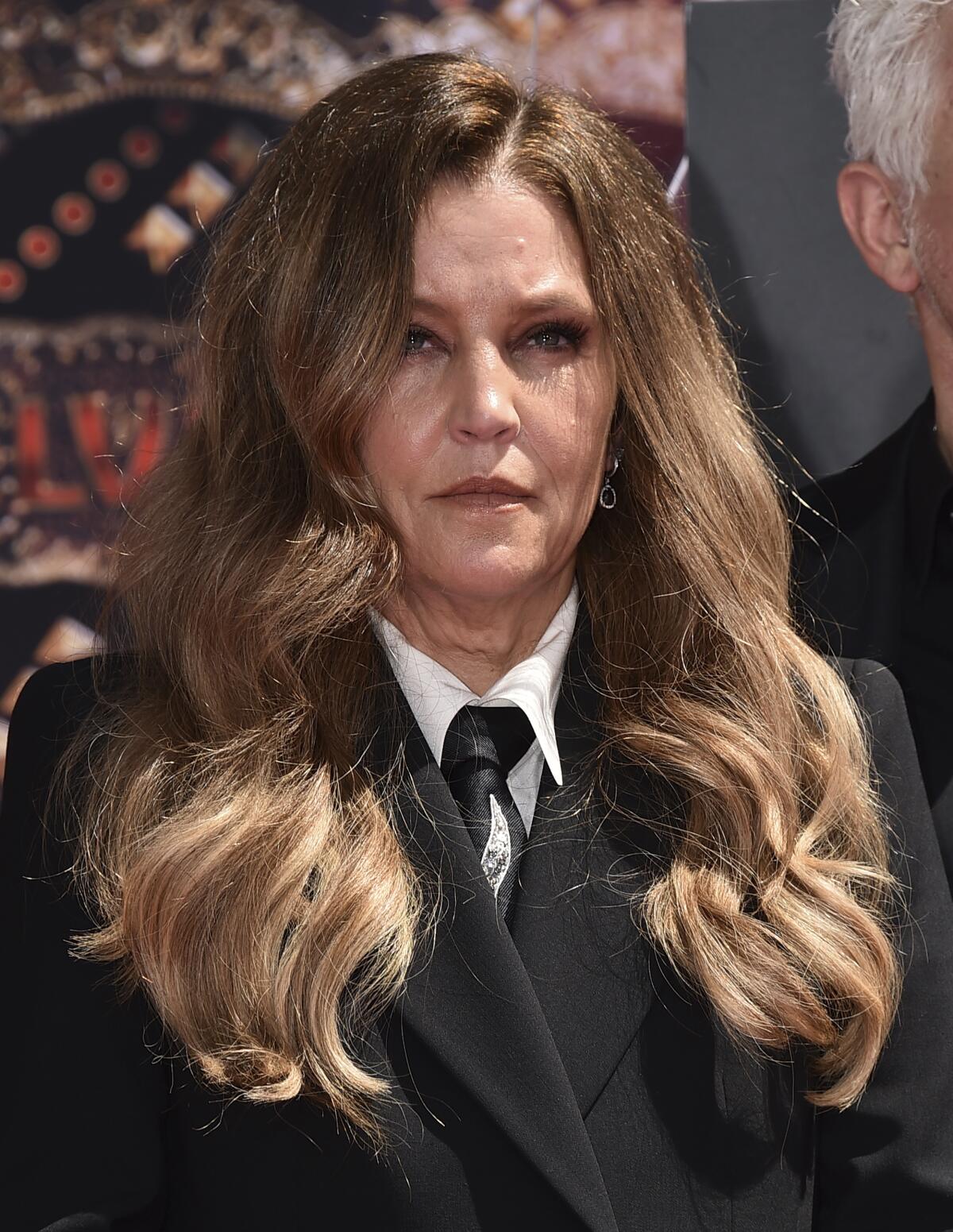
Introduction
Virginia Giuffre, a prominent figure in the ongoing dialogue surrounding sexual abuse and accountability, has gained significant media attention in recent years due to her high-profile allegations against powerful individuals, including Jeffrey Epstein and Prince Andrew. Her case has not only highlighted systemic issues within the justice system but also inspired many survivors to share their stories. In light of recent developments, understanding Giuffre’s impact is crucial to acknowledge the broader societal shift towards justice for survivors.
Recent Developments
In September 2022, Giuffre settled her lawsuit against Prince Andrew for an undisclosed amount, which concluded a significant chapter in her public fight for justice and recognition. The settlement reportedly included no admission of guilt from the prince. This legal outcome bolstered Giuffre’s reputation as a determined advocate, drawing attention to the challenges faced by survivors of abuse. Following the settlement, Giuffre has continued her advocacy, aiming to motivate other survivors to seek justice, irrespective of the hurdles involved.
Giuffre’s work is particularly relevant in the context of recent legislative efforts aimed at expanding the rights of abuse survivors. Various states in the US have introduced or passed legislation that addresses statutes of limitations for sexual abuse claims, allowing victims more time to come forward. These developments underscore the changing landscape around survivor rights and indicate that Giuffre’s actions are resonating beyond her personal experiences.
Significance and Broader Impact
Virginia Giuffre’s story is emblematic of a larger societal movement towards transparency and accountability, particularly involving high-profile individuals. Her willingness to confront powerful figures has opened dialogues about systemic abuse and the importance of supporting survivors through legal frameworks and public discourse. The public’s reaction to her allegations has also generated a significant cultural shift, fostering a more supportive environment for coming forward with allegations of abuse.
Moreover, organizations that support survivor advocacy have seen increased engagement and funding, reflecting a growing acknowledgment of the issues at stake. Giuffre’s persistence has encouraged many activists, helping to elevate conversations about consent, accountability, and the need for comprehensive reforms within both legal and social systems.
Conclusion
As Virginia Giuffre continues to fight for justice and the rights of survivors, her influence remains significant in shaping societal attitudes toward sexual abuse. The legal landscape may evolve further as more individuals find their voices, inspired by Giuffre’s courage. For readers, it is essential to engage with these discussions, not only to support survivors but also to contribute to the ongoing pursuit of a justice system that acknowledges and protects their rights.
You may also like

Marie Hobinger: A New Force in Environmental Activism

Understanding Mayday: A Celebration of Workers’ Rights
